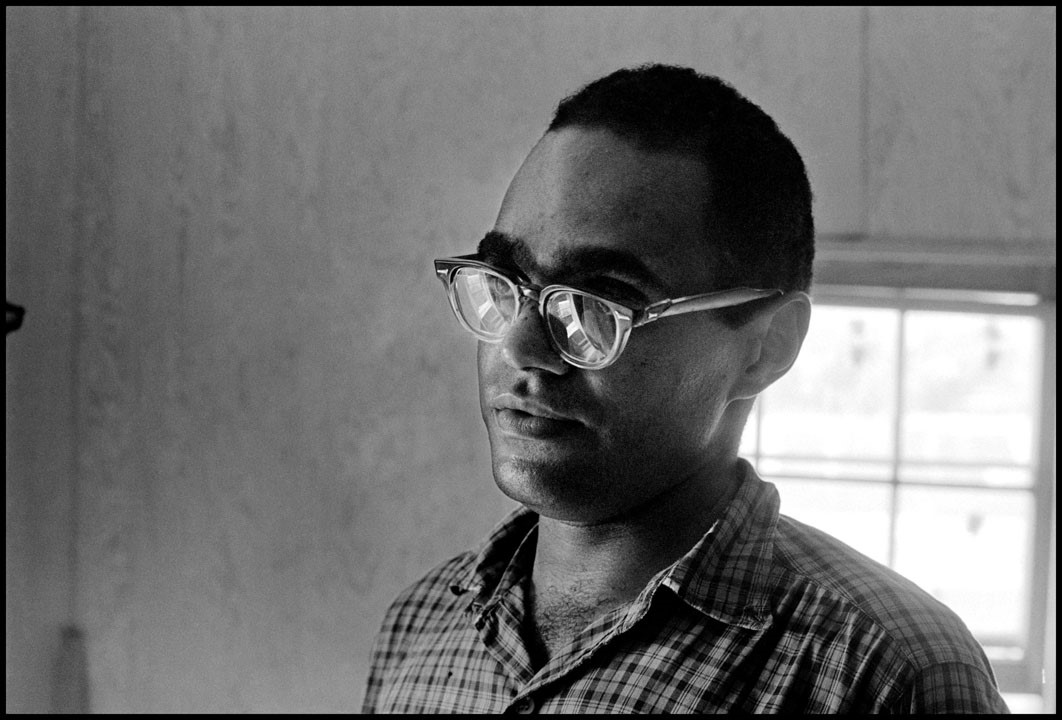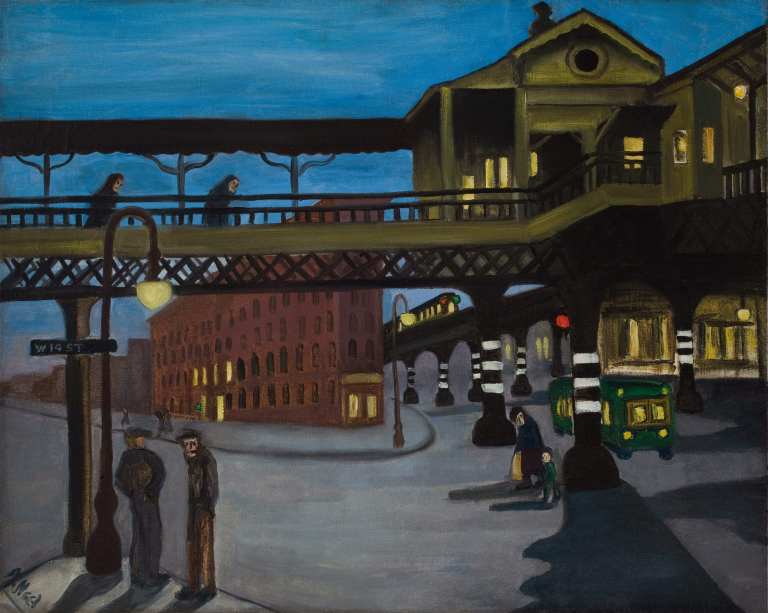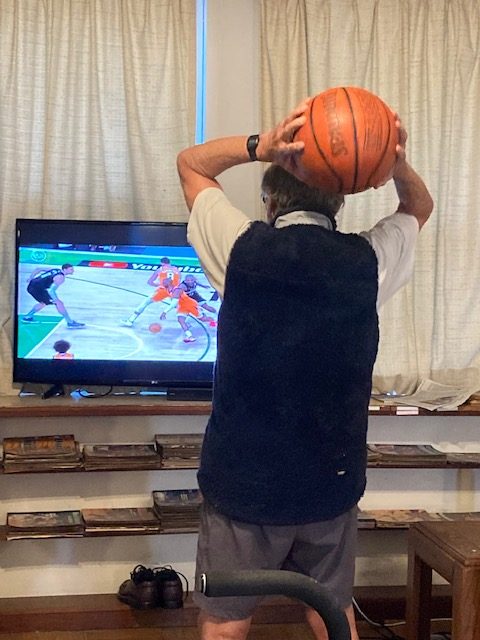This beautiful piece of travel writing was first published in First of the Month in 2002. The following passage hints at how it provides a deep back story to current events:
The fact that the Taliban succeeded in taking over Afghanistan has always seemed to me a certain sign that the Afghanistan I knew was completely smashed to hell by the Russians and by civil war. I never heard any Afghan, however pious, praise “fundamentalism” or mullah-inspired bigotry. No one had ever heard of this perversion of Islam, which then existed only in Saudi Arabia. Afghan Islam was very orthopractic, but also very pro-sufi; essentially it was old-fashioned mainstream Islam. The idea of banning kite-flying would have probably caused hoots of incredulous laughter. It must have taken twenty years of vicious neo-imperialist ideological cultural murder and oppression to make Talibanism look like the least of all available evils.




